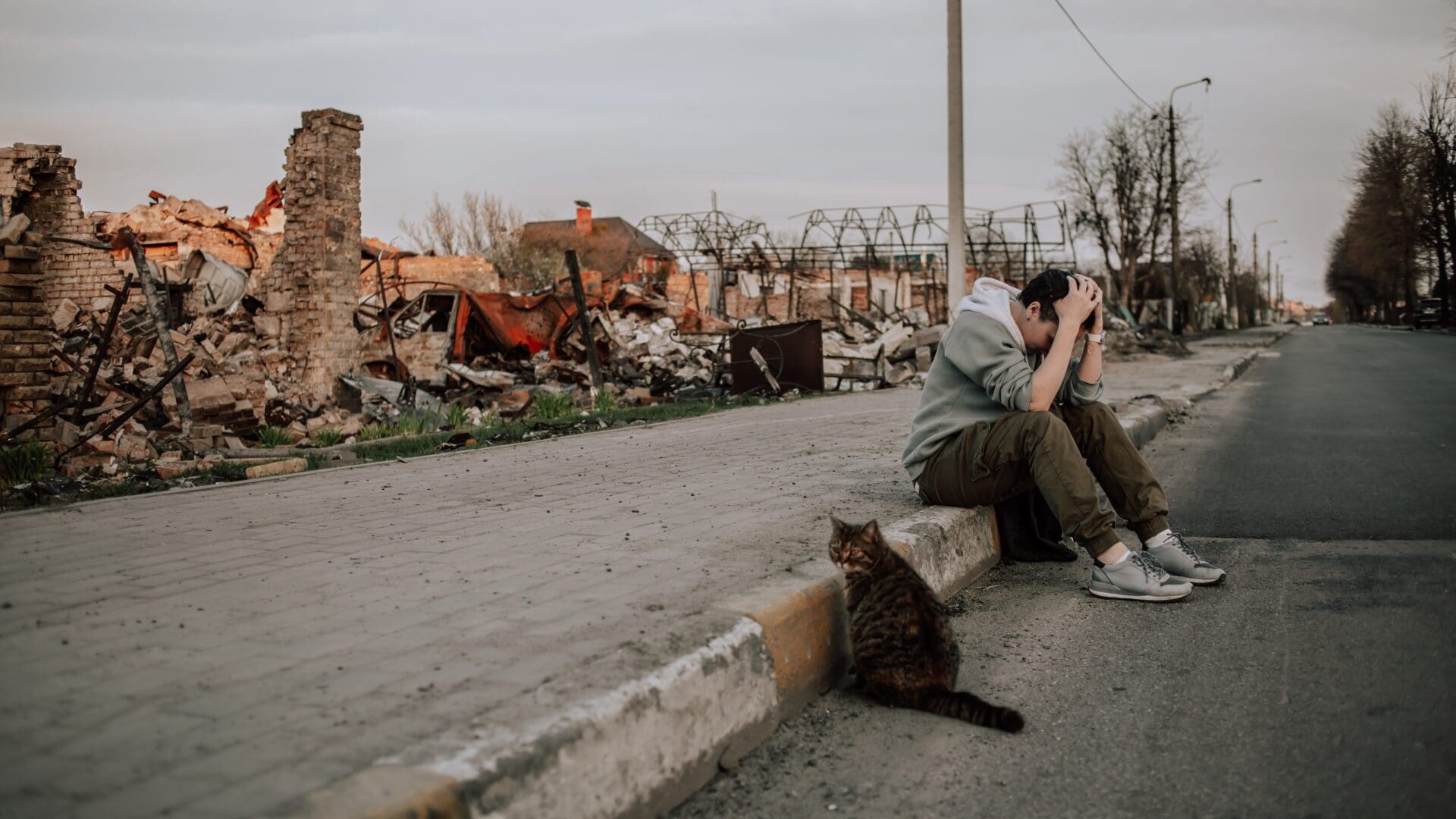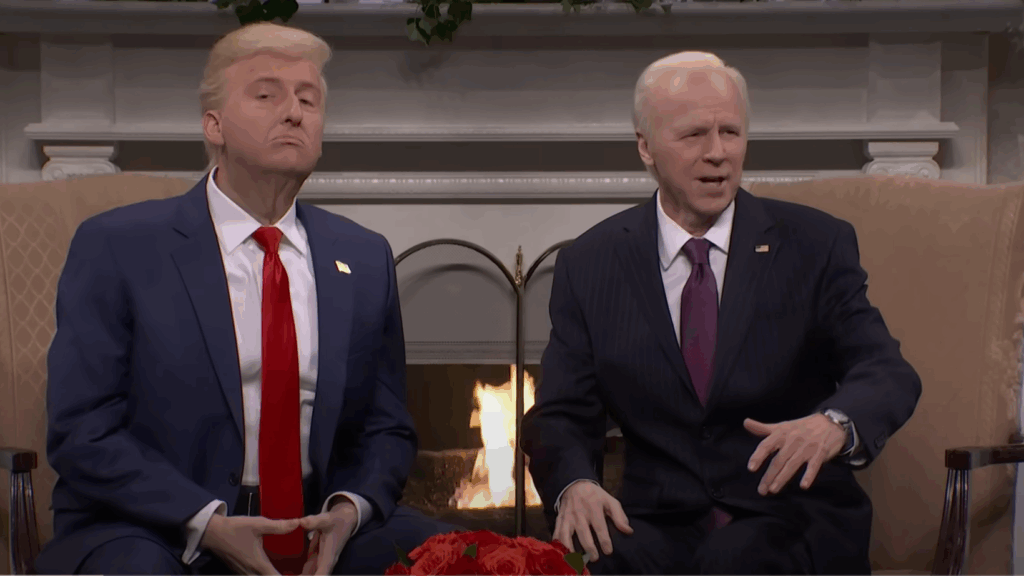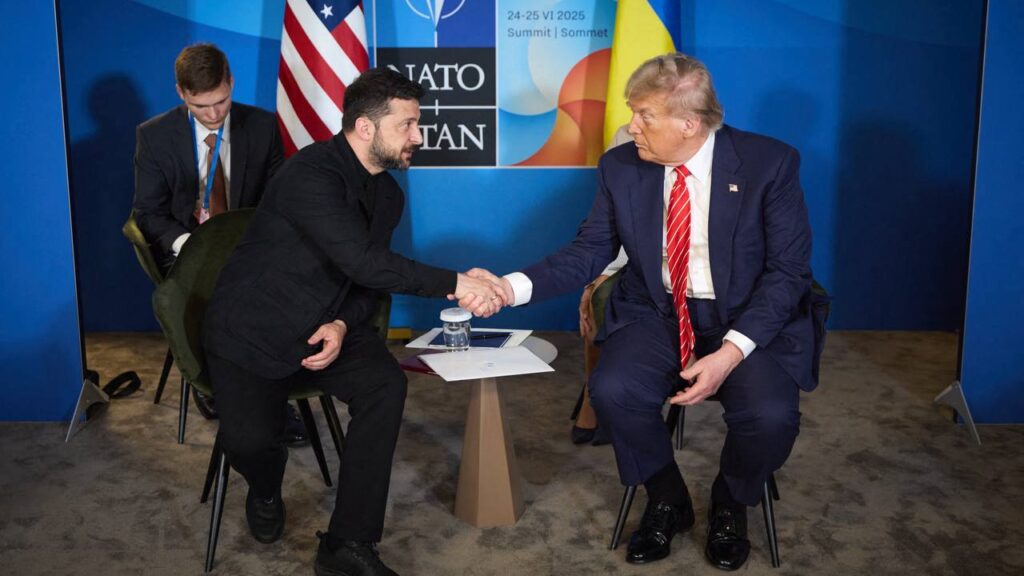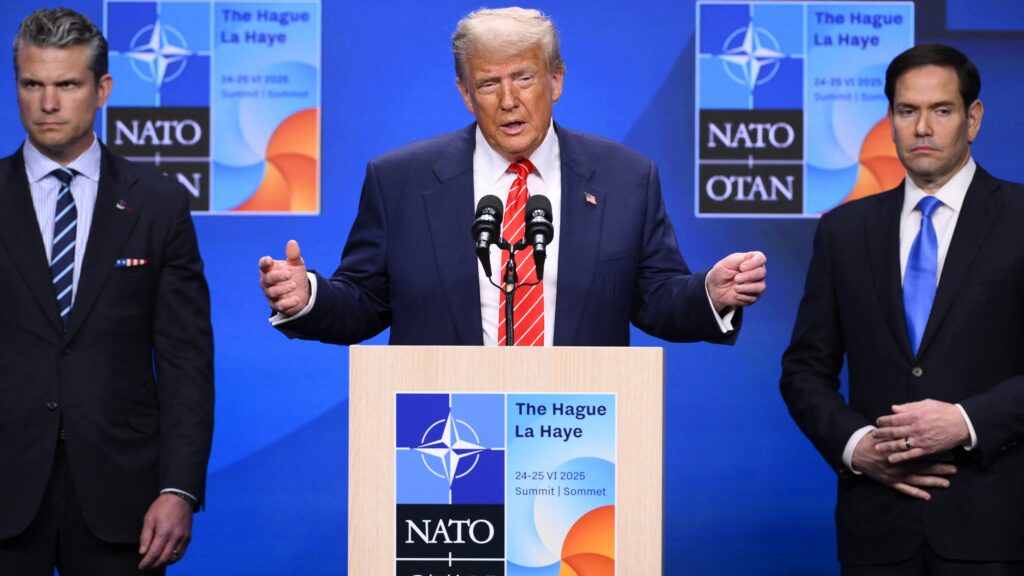US historian Anne Applebaum is capable of provoking strange chemical reactions: reading her latest writings will make the European reader’s blood boil and chill at the same time. This miraculous phenomenon is particularly provoked by her essay for the neocon magazine The Atlantic, which at first glance seems to be not so different from the uncritical praise of Stalin in the Soviet literature of old (which, incidentally, Applebaum herself had previously been harshly critical of in several of her books).
But her article is much more than that. Titled ‘Biden Went to Kyiv Because There’s No Going Back’, the article is both a strong criticism, a chastisement, and a threat: you simple-minded Europeans have not yet understood that we want war. Not only between Ukrainians and Russians, but between all Europeans and Russians.
Your factories are not producing for war, you are not making ammunition and coffins, you are making cradles.
In her own, chilling words:
’Consciously or unconsciously, many still speak as if everything will soon return to normal, as if things will go back to the way they were. Defense industries have not yet switched to a different tempo. Defense industries have not yet raised their production to meet the new demands. Biden’s visit to Kyiv is intended to offer a bracing contrast, and a different message: If the U.S. president is willing to take this personal risk, if the U.S. government is willing to invest this effort, then time is not on Russia’s side after all. He is putting everyone on notice, including the defense ministries and the defense industries, that the paradigm has shifted and the story has changed. The old “normal” is not coming back.’
Applebaum’s warmongering is understandable in the sense that the friends of NATO’s westward expansion are not happy. The available analyses are divided: some say Ukraine has suffered terrible losses, is unable to achieve its strategic goals, will have to make territorial concessions and could collapse by next winter. Other analysts claim that Russia is fading and will not be able to push further than where it is now. The bottom line: no one claims that Russia is even close to disintegration.
The significance of Western arms donations, which Applebaum also advocates, is grossly overestimated. This is not helped by a Western press that has sunk to the level of the Pravda, stifling even the slightest attempts at sober analysis and objective discussion. The idea that a few battalions of tanks or a few fighter planes can turn the tide of war is not in line with our basic knowledge of military history. The only long-term Ukrainian success would be if they succeeded in pushing the Russians out of Crimea and the two breakaway provinces. But this immediately raises two questions: would a nuclear power allow its geo-strategically important territory, which it considers its motherland (Crimea), to be occupied? And why would Ukraine insist on occupying two oblasts whose population, even according to its own surveys, is pro-Russian? Russia is a nuclear power—it will not lose a war perceived by it as existential. Ukrainian (and pro-NATO expansionist) strategic goals are simply incomprehensible. One wonders whether they might not exist. (Of course, one might wonder whether Russia has realistic goals at all, too).
The Russian conclusion from the Cold War is completely different from the Western one. We Westerners sit back, satisfied: fortunately, that particular gun did not fire. The Russians look back with dissatisfaction at the disintegration of their empire, thinking:
perhaps that particular weapon should have been used.
We talk about red lines, but it is not clear where they lie: a trivial, small step can be seen by either side as a serious provocation. On 15 November 2022, the world almost tipped over the edge of an all-out world war—all it took was one misguided Ukrainian missile. And we know that some politicians would not have minded, rather, they would have immediately tried to spurred world opinion into demanding a war. It is against this background, then, that Applebaum’s warmongering must be seen: 15 November was not enough for the historian, she would push the world even further to the brink of destruction.
As if on cue, British historian Mark Galeotti made this position even clearer in an interview in Hungarian with 444.hu, a website affiliated with the Open Society Foundation: ‘Because it is not just about how much we spend, but also about the sacrifices we are prepared to make. The real test of [Europe] becoming a military power is whether we can bear to see our daughters and sons returning home from a foreign country in a coffin. It is not yet a real sacrifice to place large orders with our military factories. As long as the equipment produced there is not wanted by the Europeans, they will not be a great power in military terms.’
I cannot help but connect these statements with two similar ones, from leading European liberal and left-wing politicians. Although the following quote might have escaped the attention of non-Hungarian speakers, Radek Sikorski, ex-Foreign Minister of Poland and liberal MEP, has summarised the hawkish point of view aptly in a lecture held at Hungary’s MCC Feszt last Summer. In my own description of the event: ‘Sikorski was recently in Washington and was very pleased with the elite’s support for Ukraine.… There will be peace only if we help Ukraine enough for Putin to realise that he cannot win in what he is doing. The Ukrainians are fighting our fight, concluded Sikorski. According to him, sanctions always harm both sides, but the point is that it hurts the Russians. Russia should have been sanctioned much earlier and much more strongly.’
Perhaps more readers are aware of the following quote: German Foreign Minister Annalena Baerbock (Green Party) said that ’If I make this promise to the Ukrainians: “We will be by your side as long as you need us,” then I would like to deliver, no matter what my German voters think, I would like to deliver for the Ukrainian population…This means that every measure I take must last as long as Ukraine needs me… And we now have the winter season ahead of us, where the challenge we face as democratic politicians is that citizens will take to the streets and say, “We can no longer pay our energy bills.” And I say: “Yes, I know, and we will help you with social measures,” but I don’t want to say, “Ok, then we will stop the sanctions against Russia.” We are on Ukraine’s side.’ (German fact-checkers have claimed that this quote was distorted in the pro-Russian media, so I have used the original German transcript here).
These self-appointed horsemen of the apocalypse are more sad than scary,
but still capable of a lot of destruction. From their own words, one can easily see what goes on in the mind of the hawkish liberal elite in Brussels, Berlin, and Washington DC: our factories will have to start producing bombs and bullets. Our sons and daughters will have to go and die in their wars. It doesn’t matter what we think about this: the only thing that matters is that Russia is hurt. Do not long for the old days of normality and peace: you are not getting them back.
The astonishing thing is not that this is what they are thinking, because we knew about this for a long time. The astonishing things are that 1. they are openly talking and writing about it, and 2. that the European and American voters are still not abandoning the responsible parties en masse. It seems that for the time being, anyone looking for a voice of peace and reason can only listen to Viktor Orbán, Pope Francis and a few other public figures (John Mearsheimer, Jeffrey D. Sachs). When will others join the choir? How much longer must the friends of peace, the enemies of senseless bloodshed, remain silent amid the cries of the hawks?








